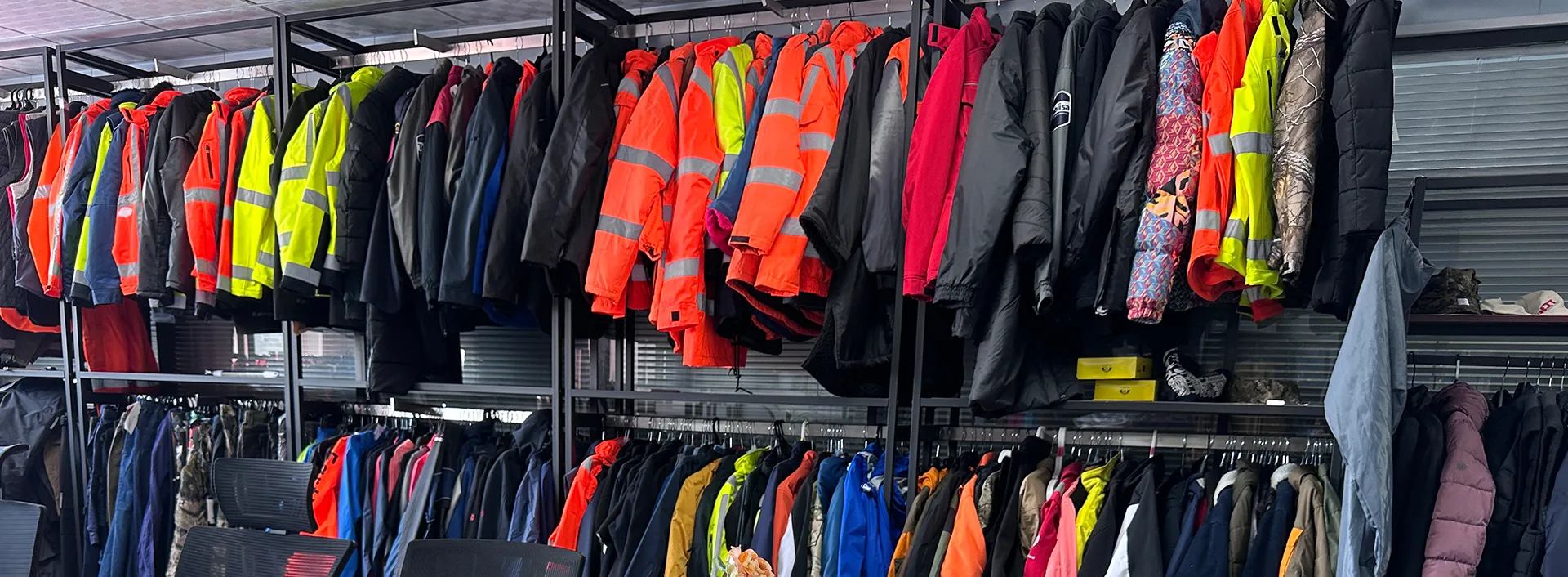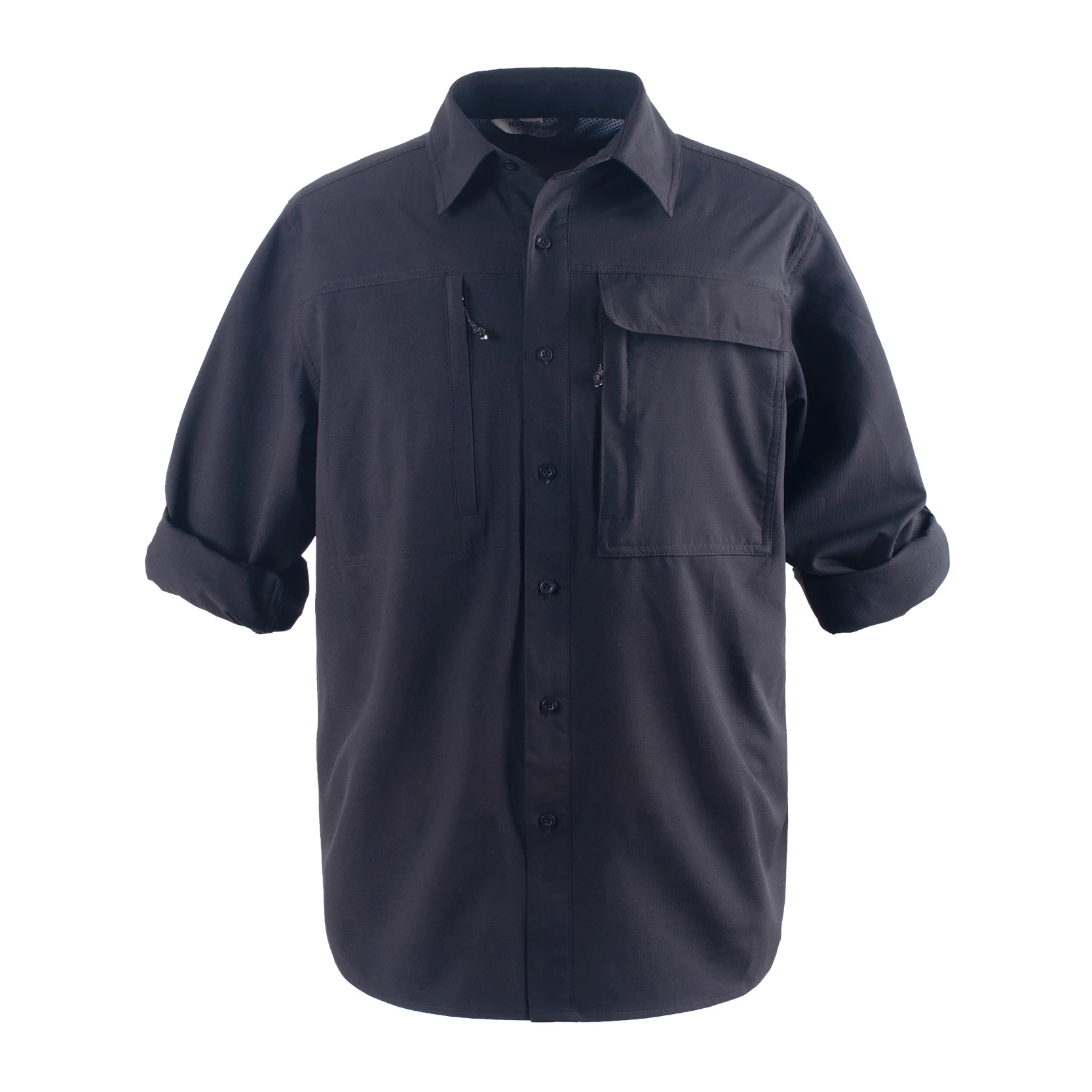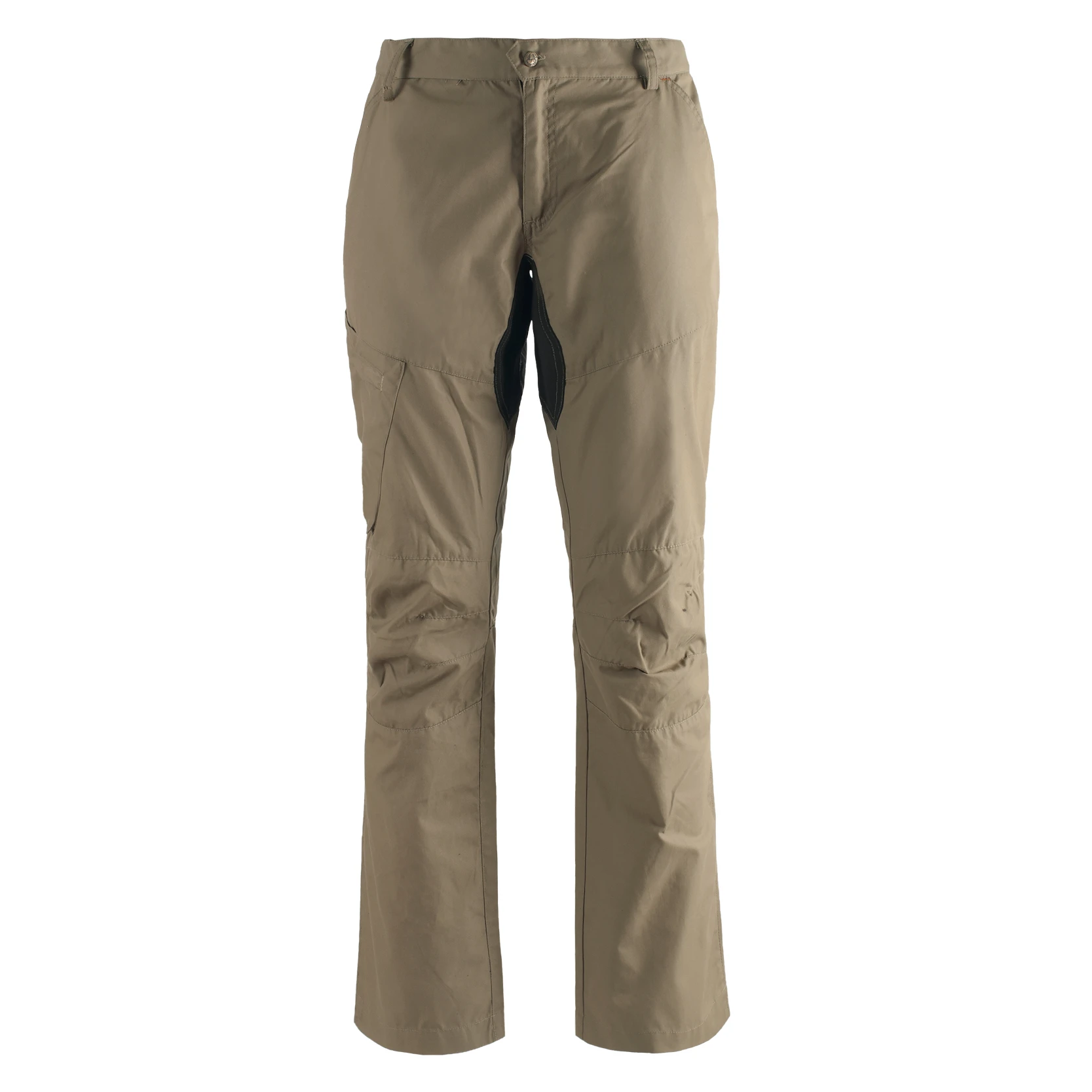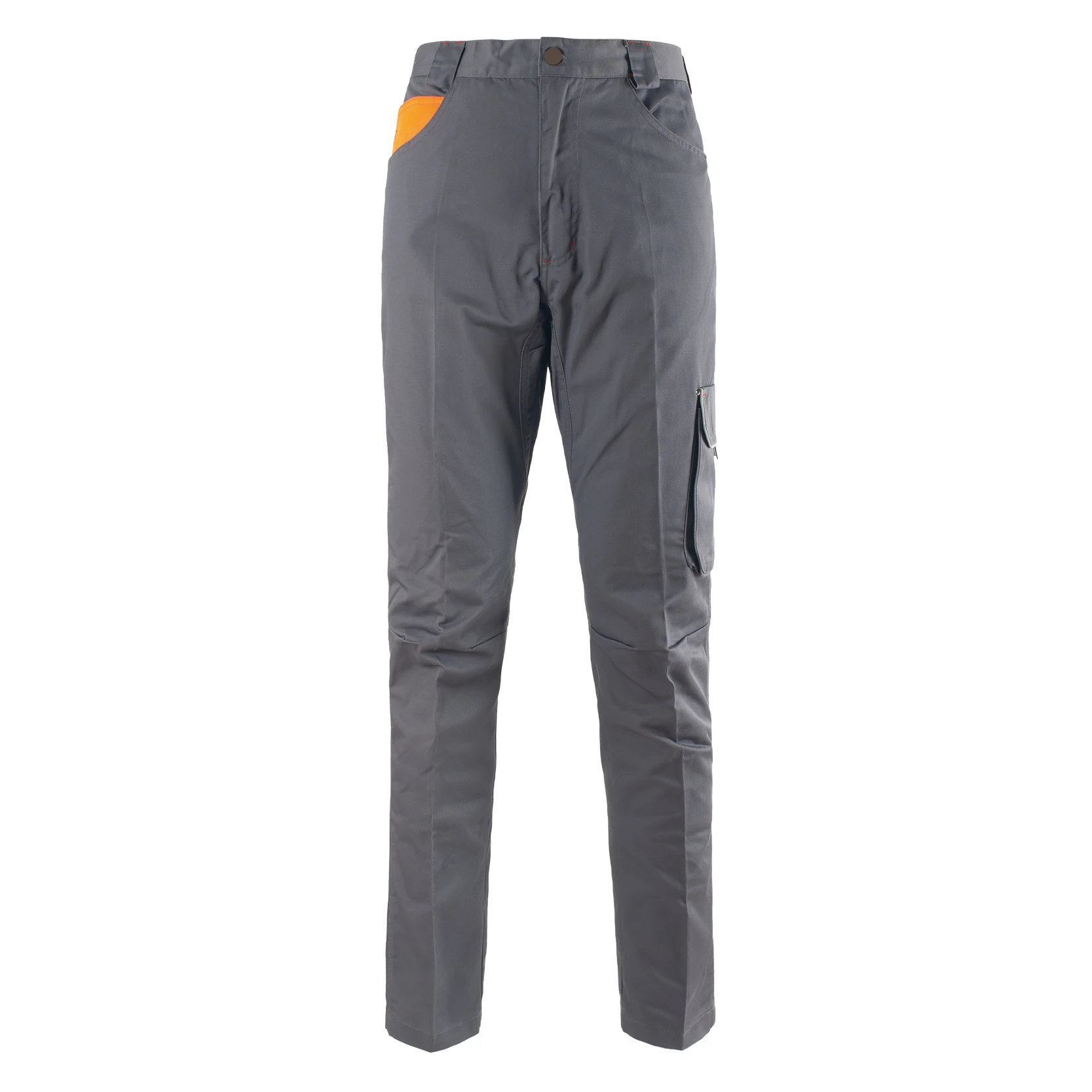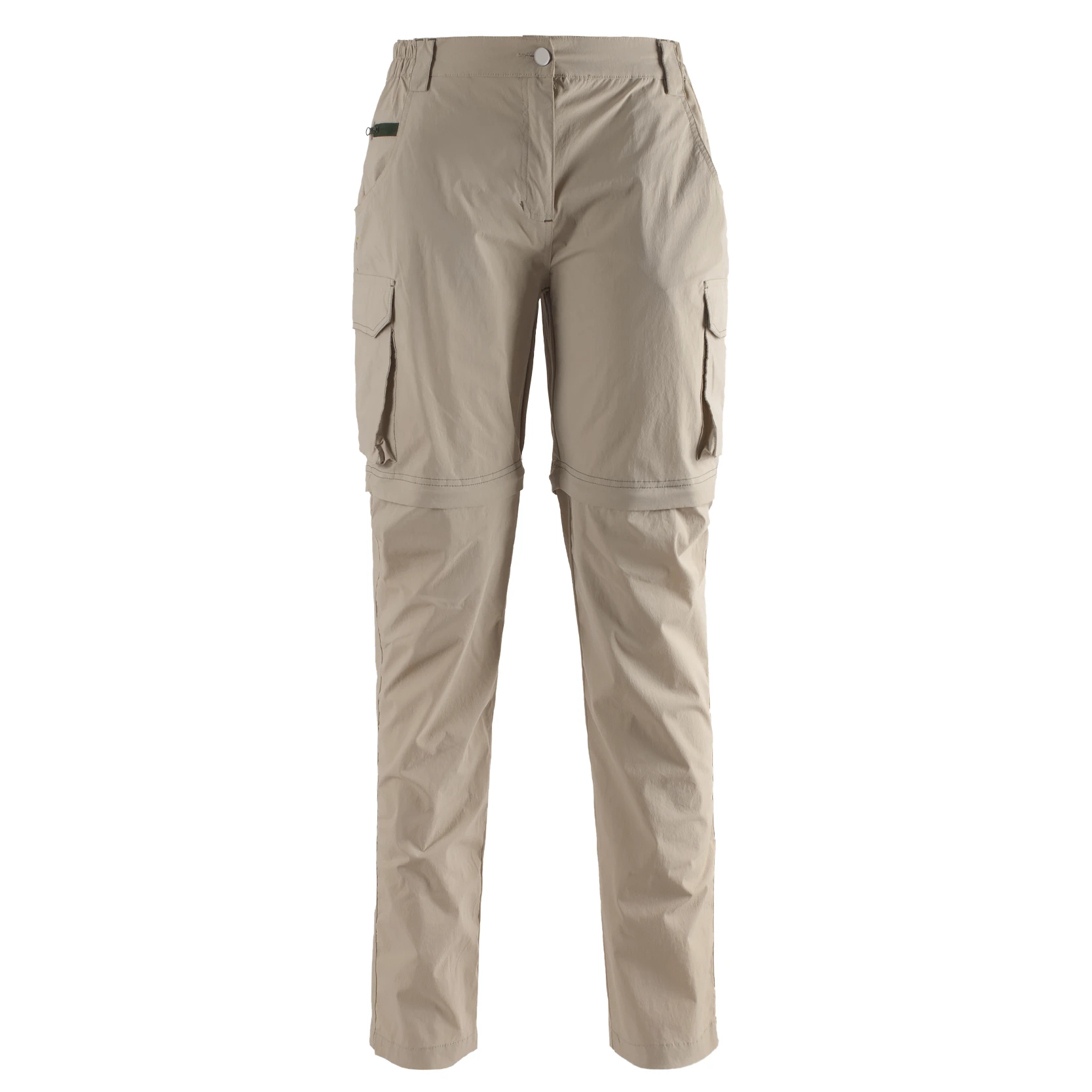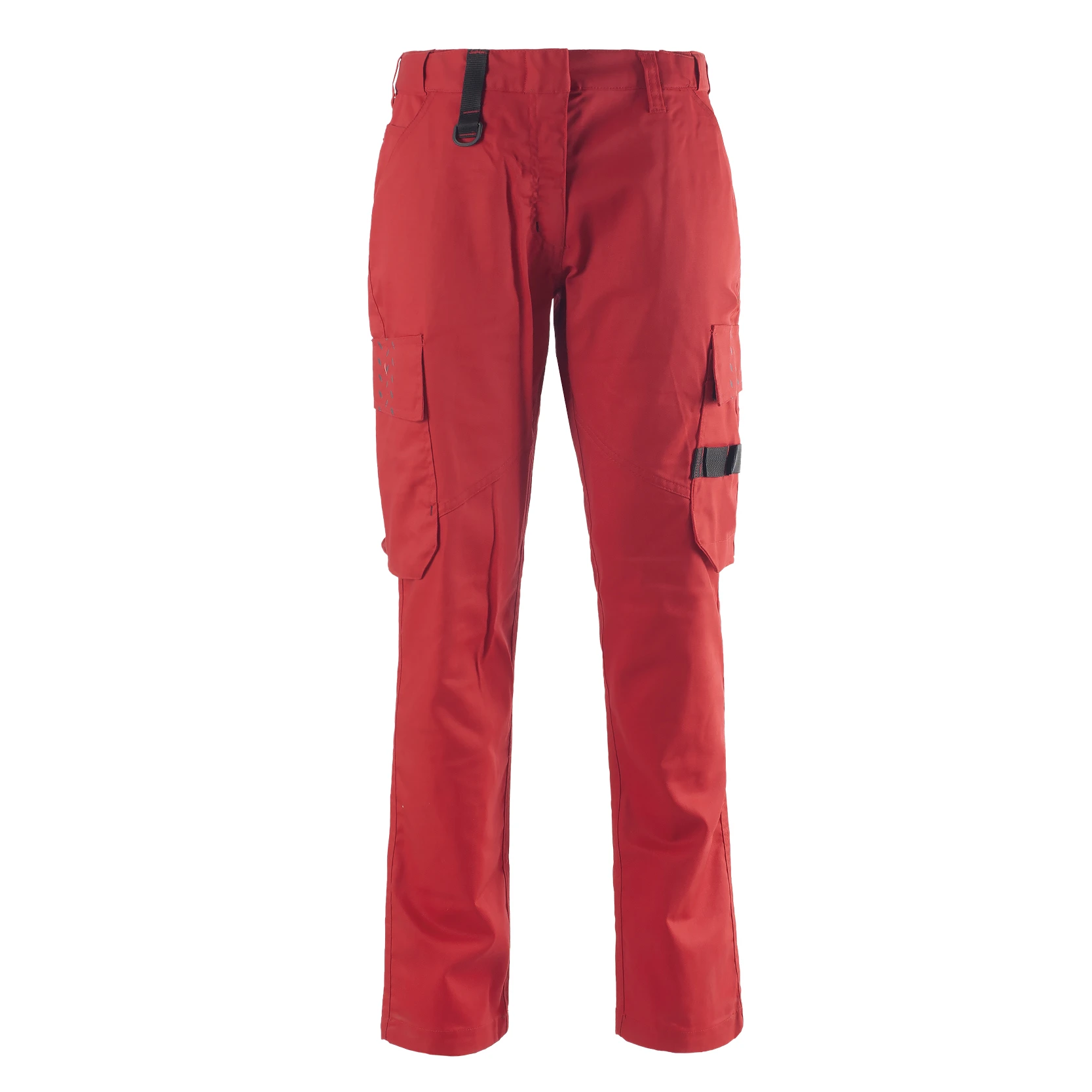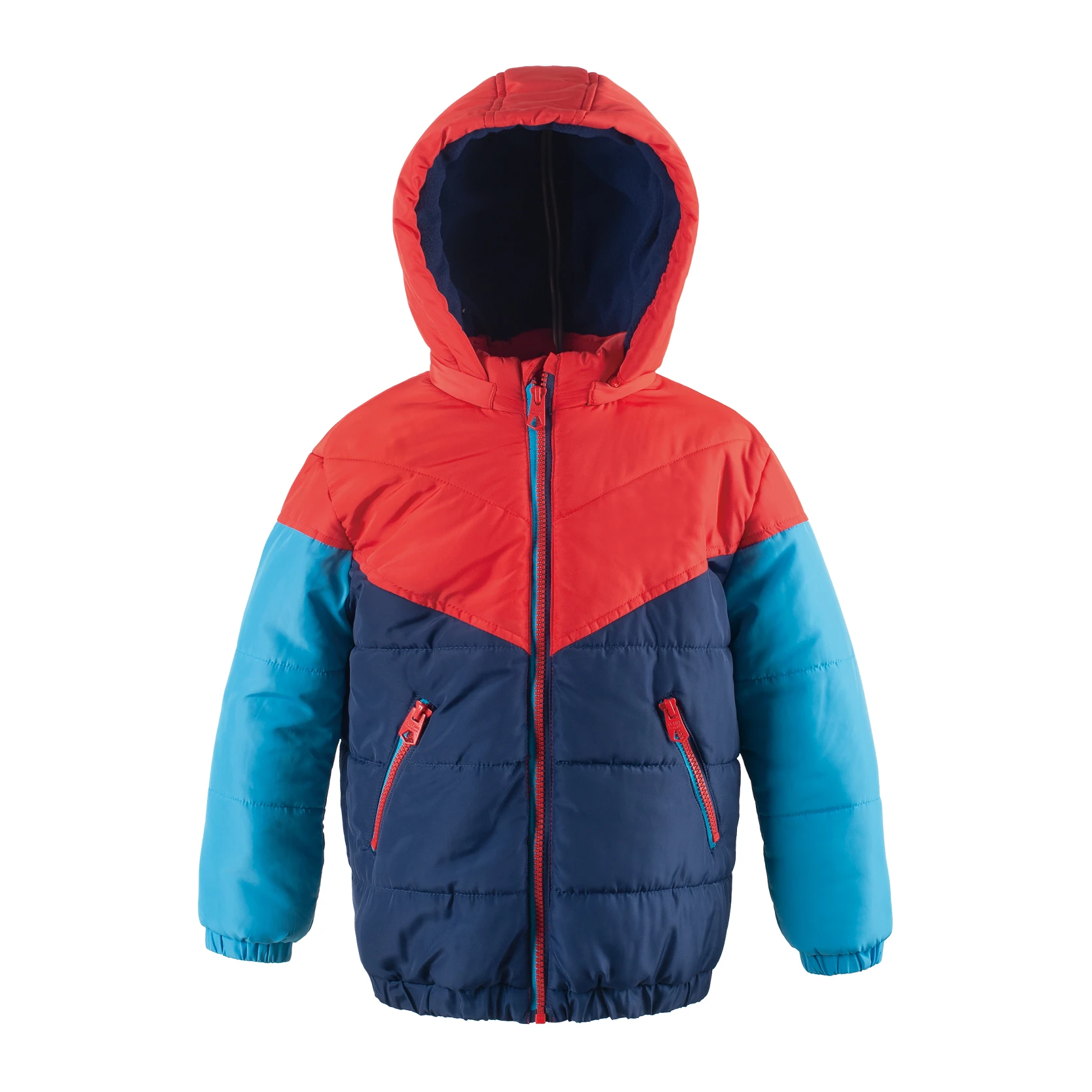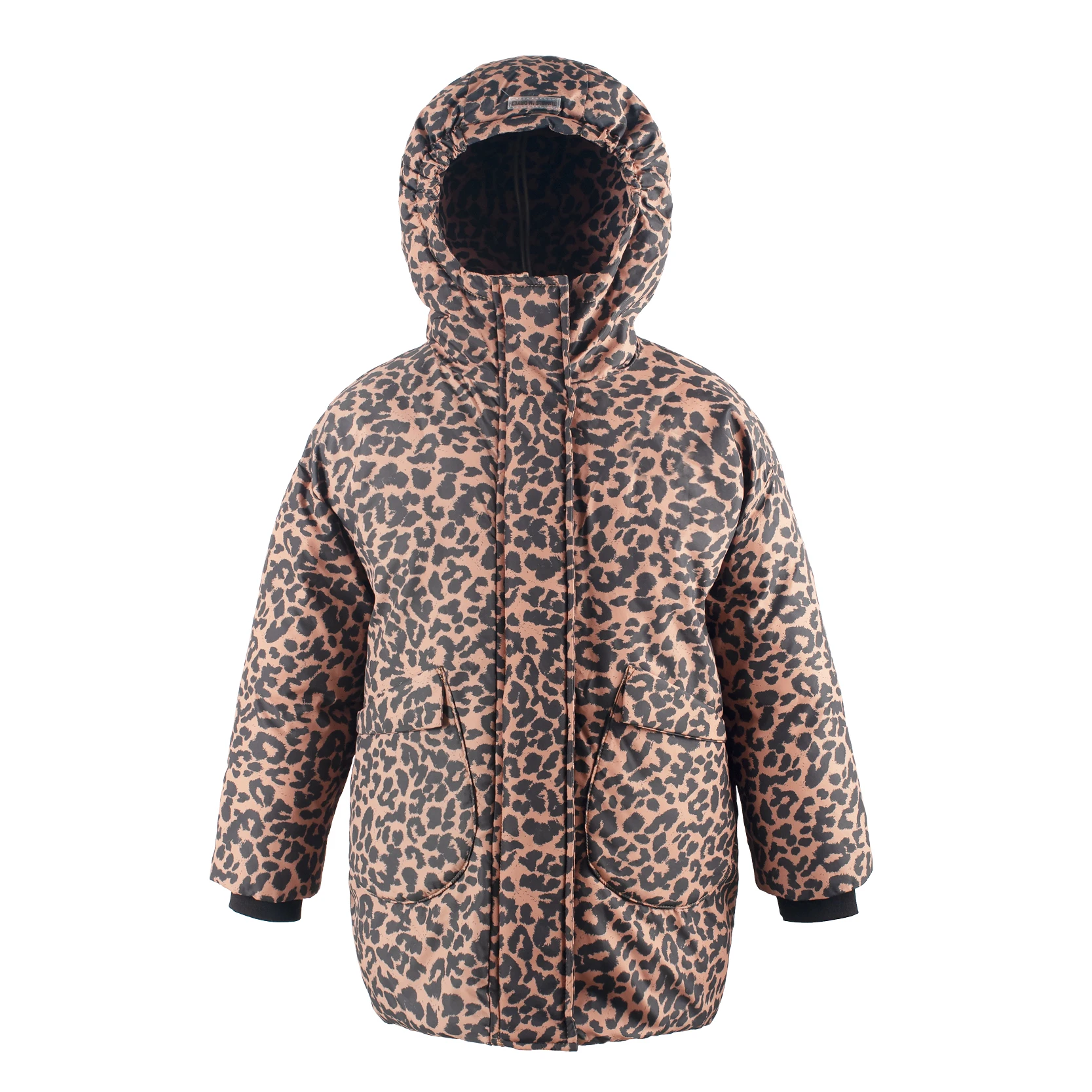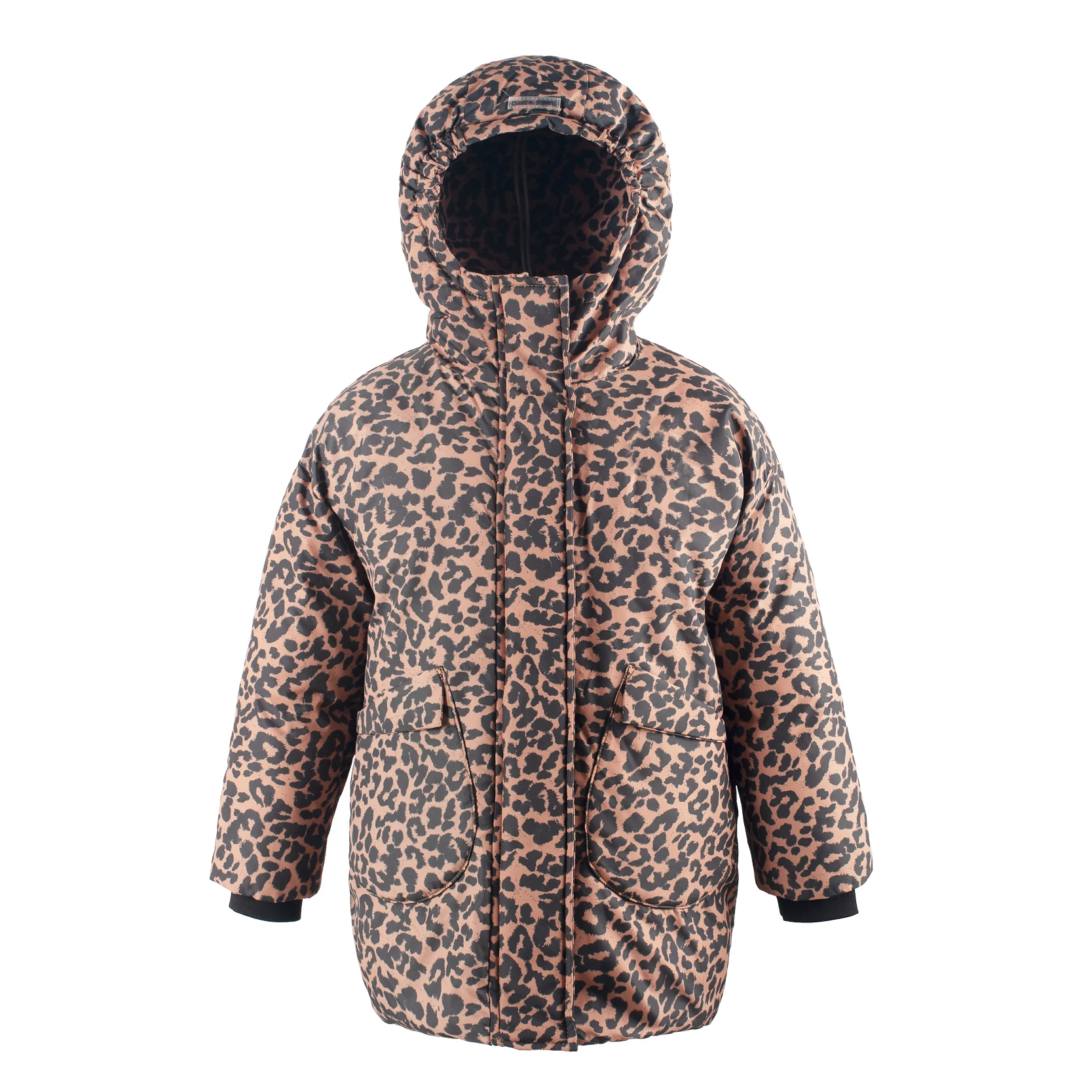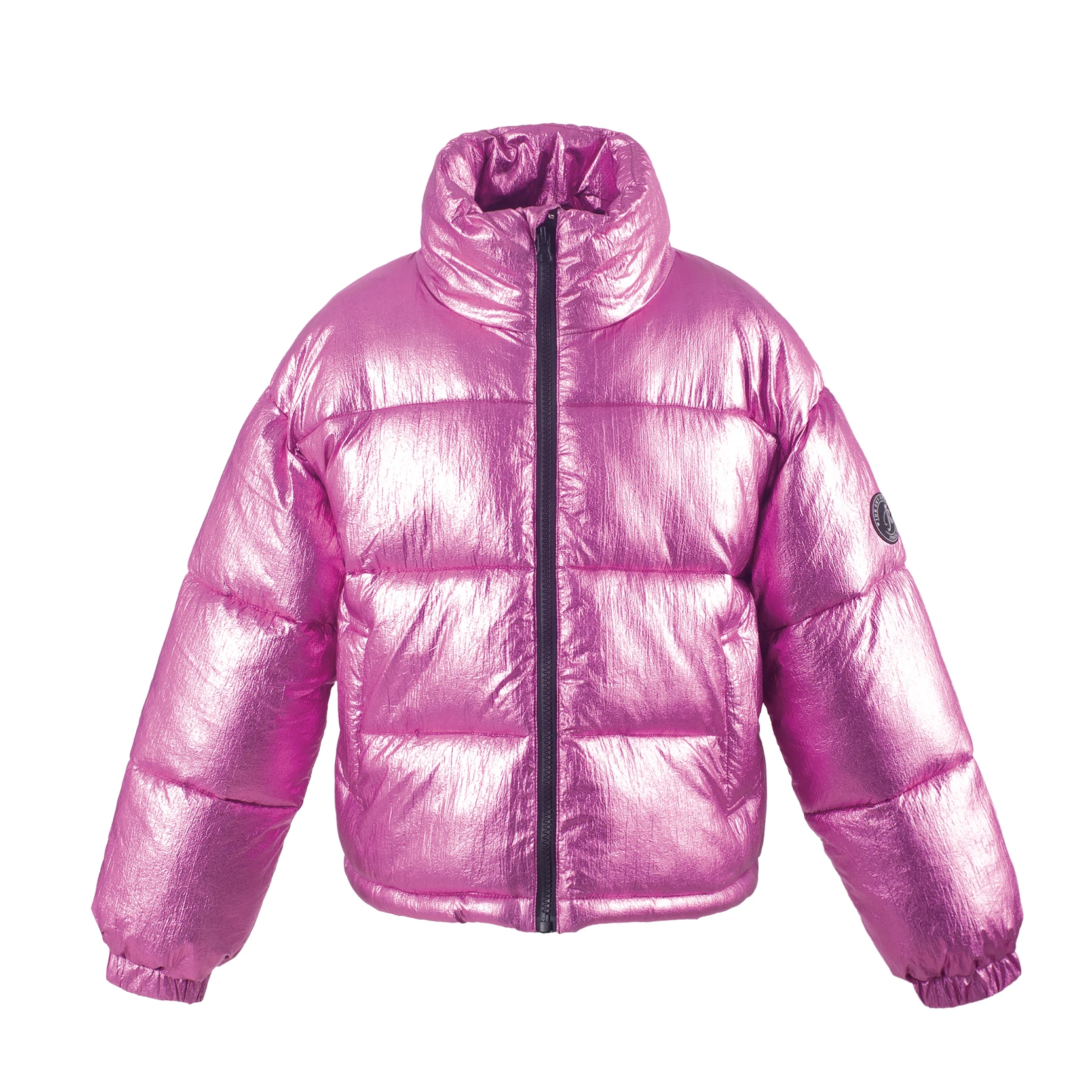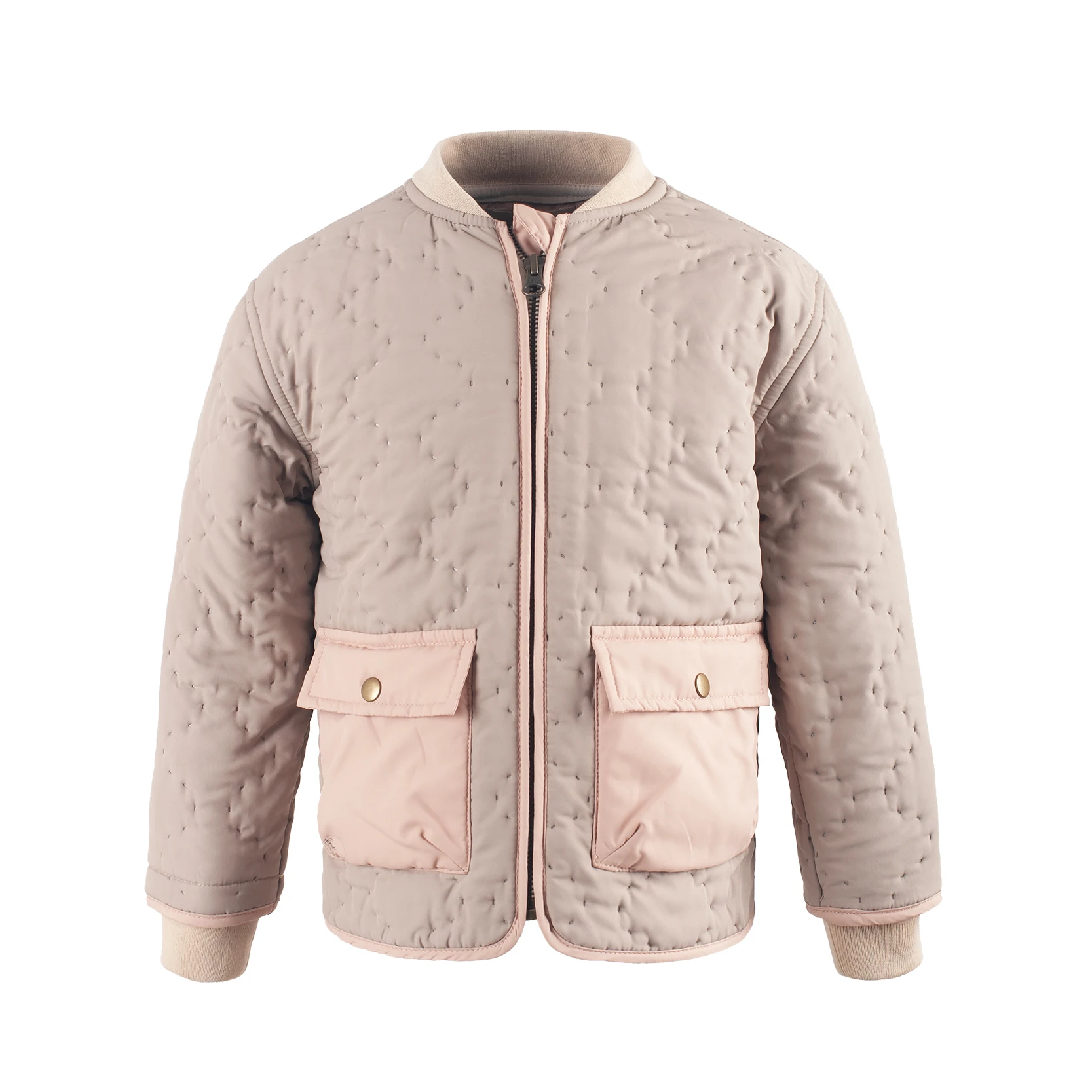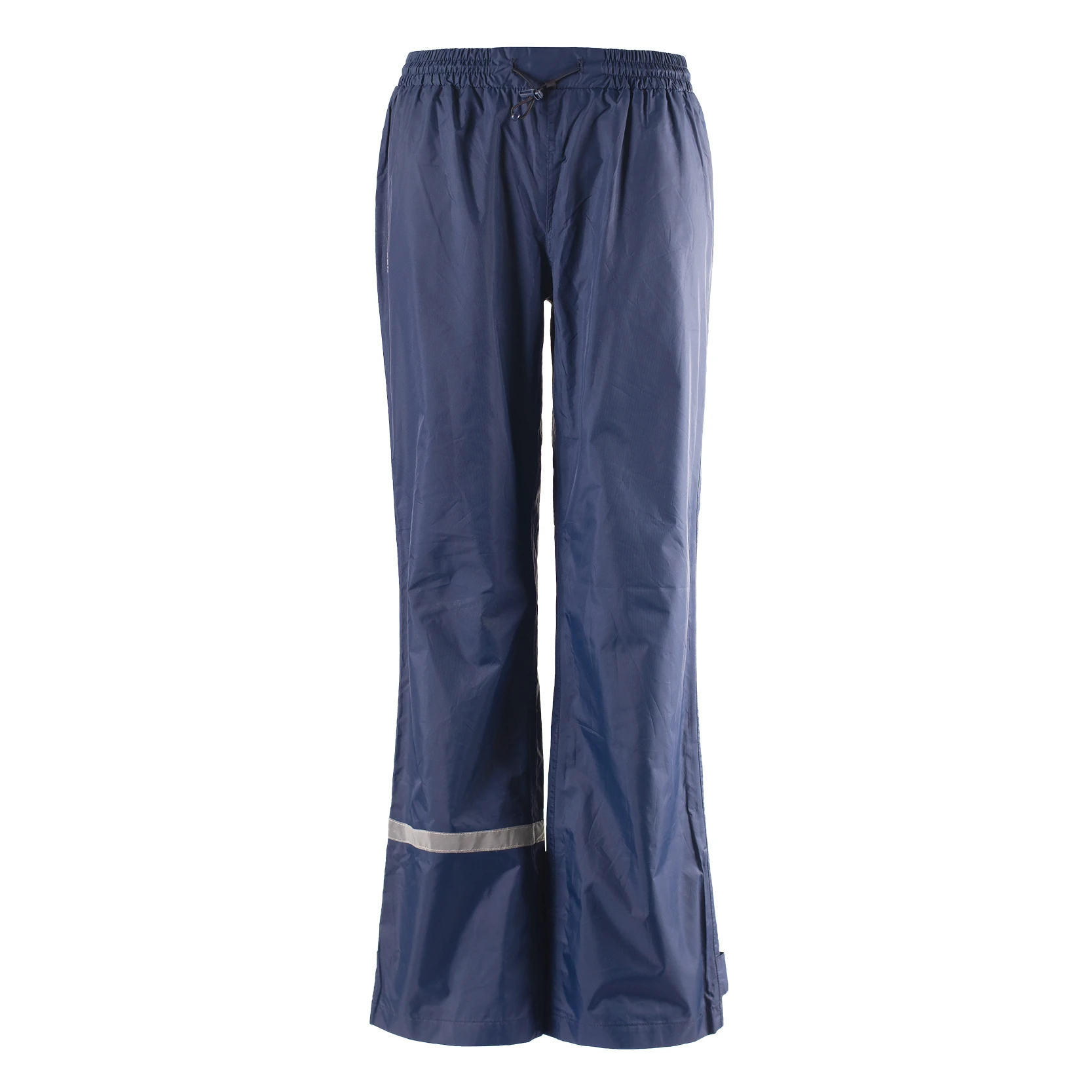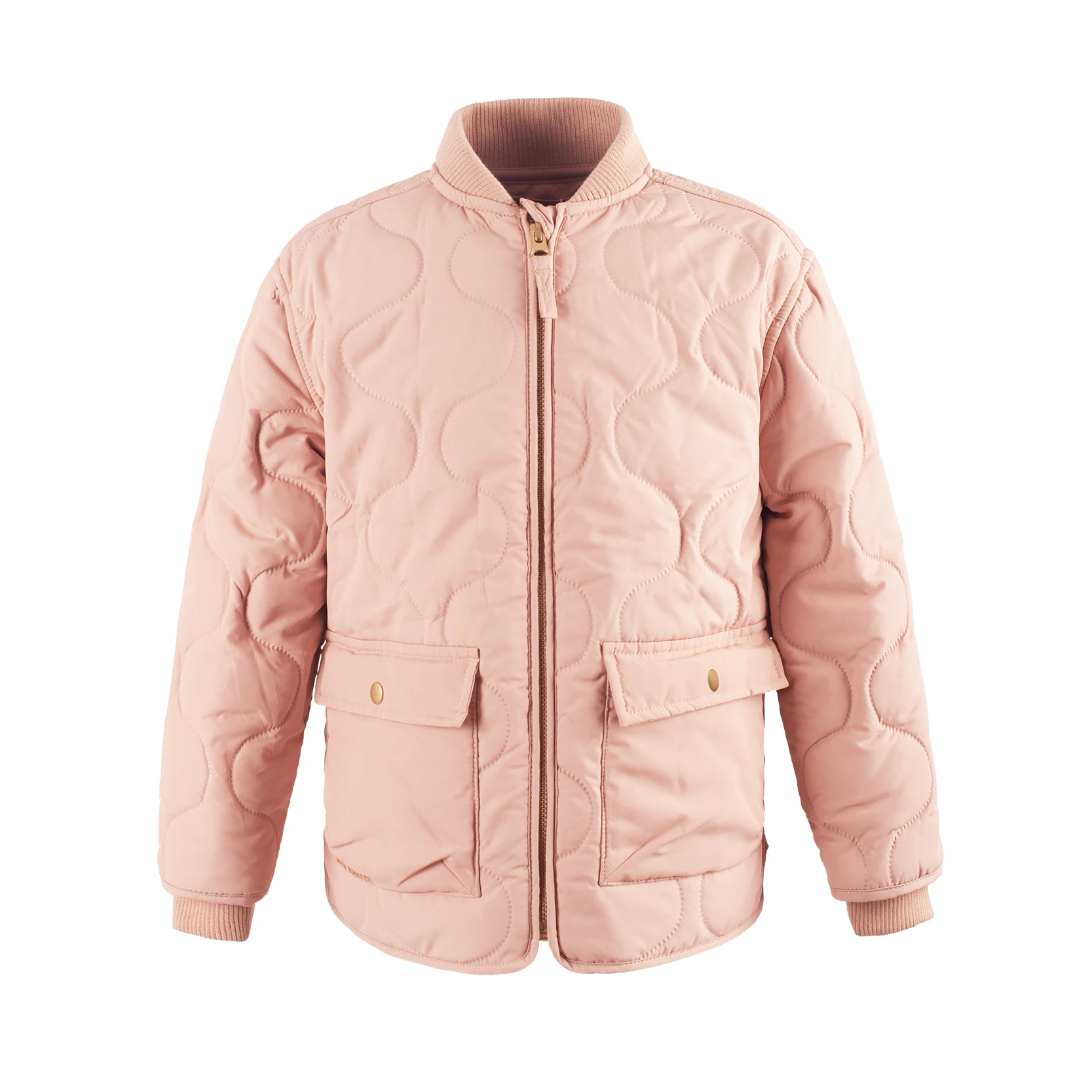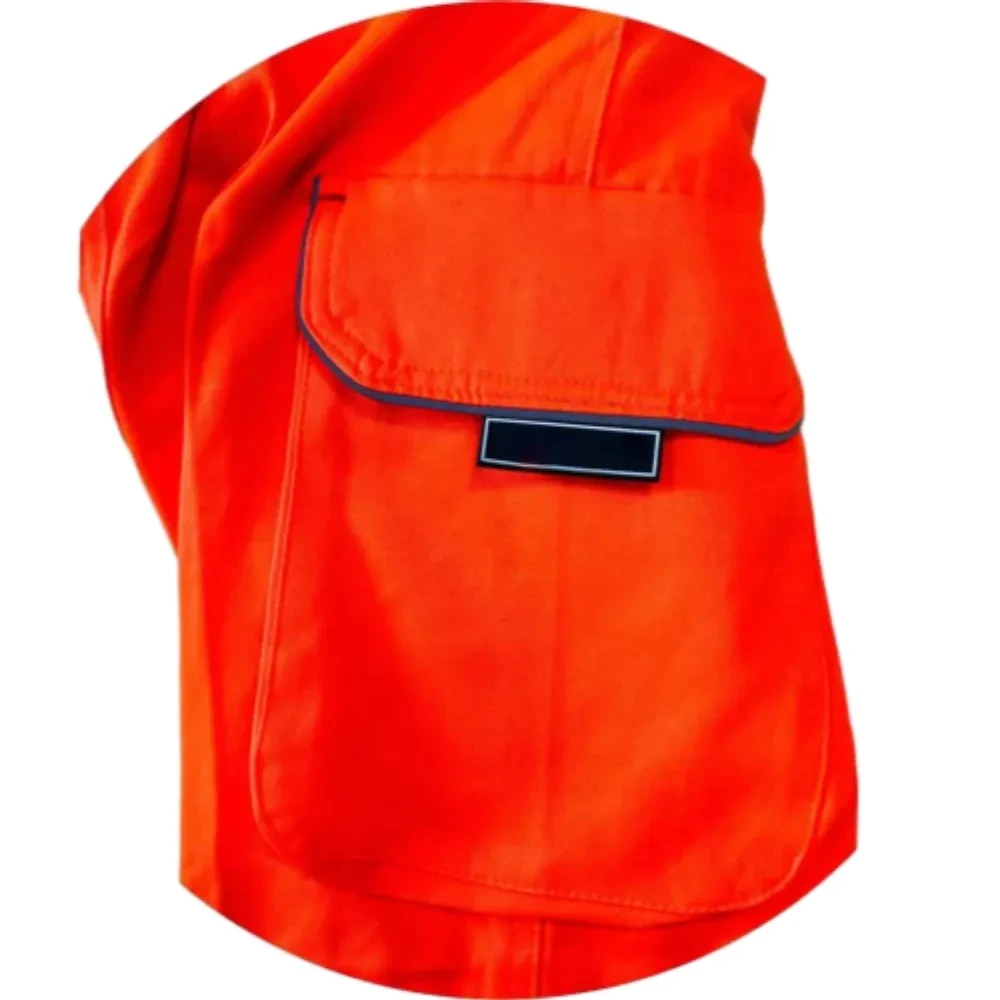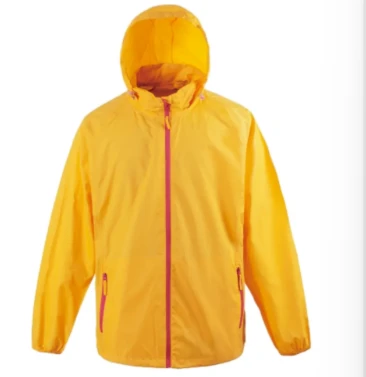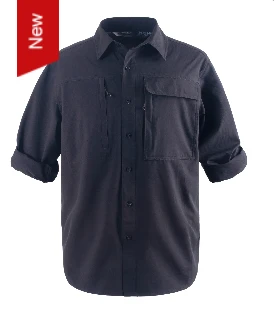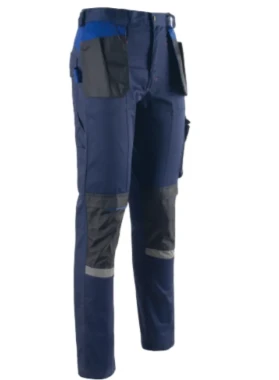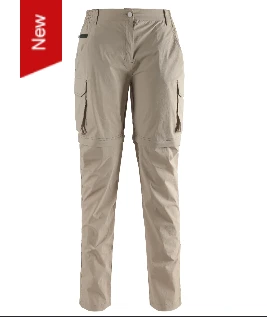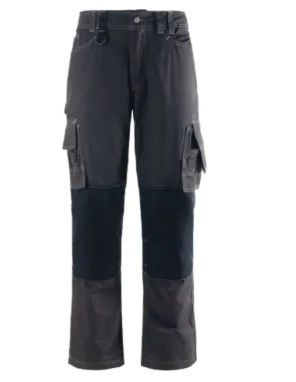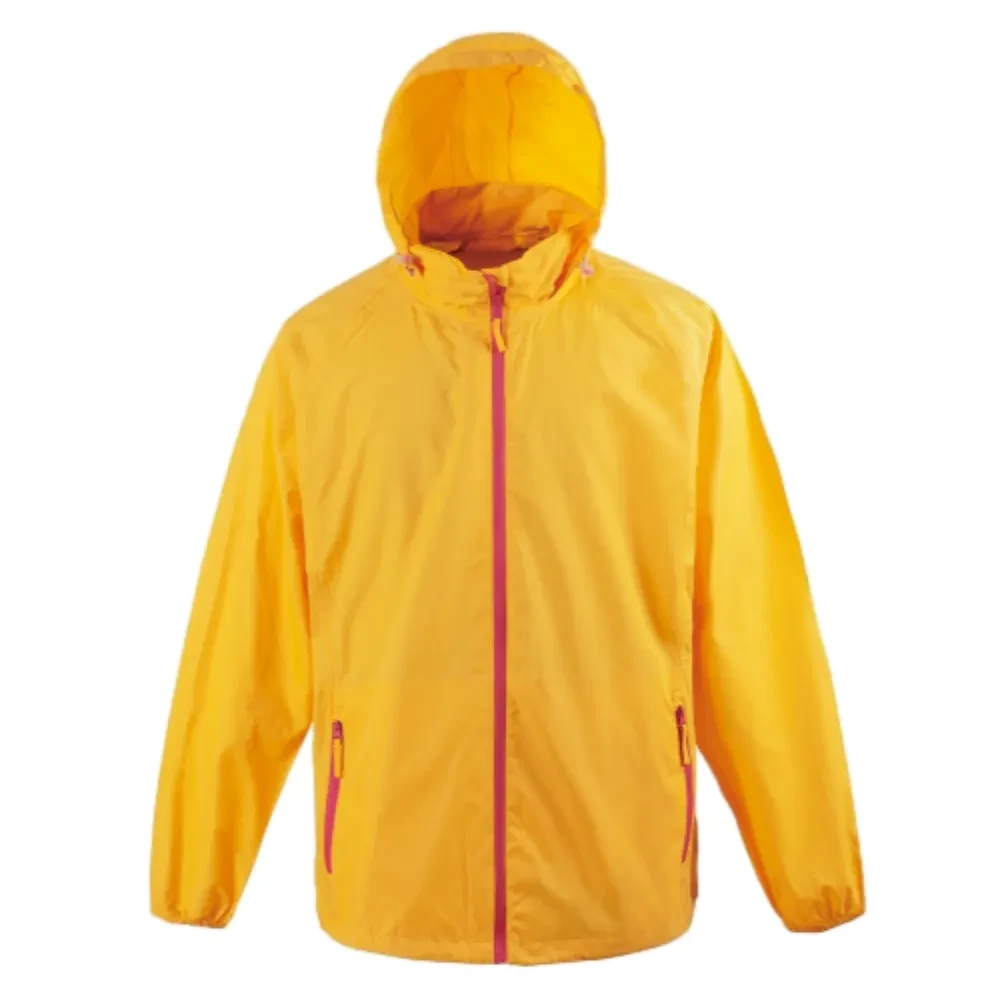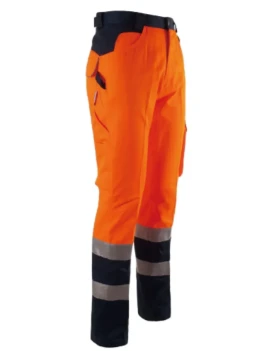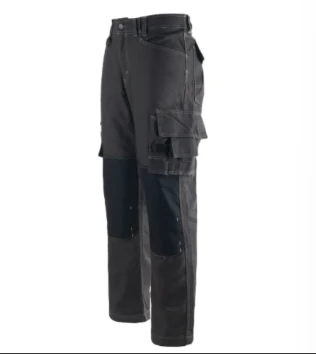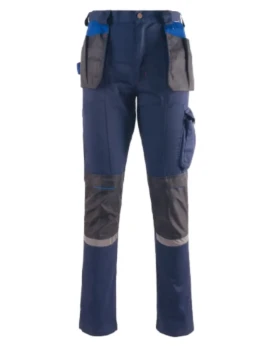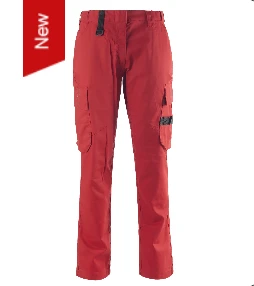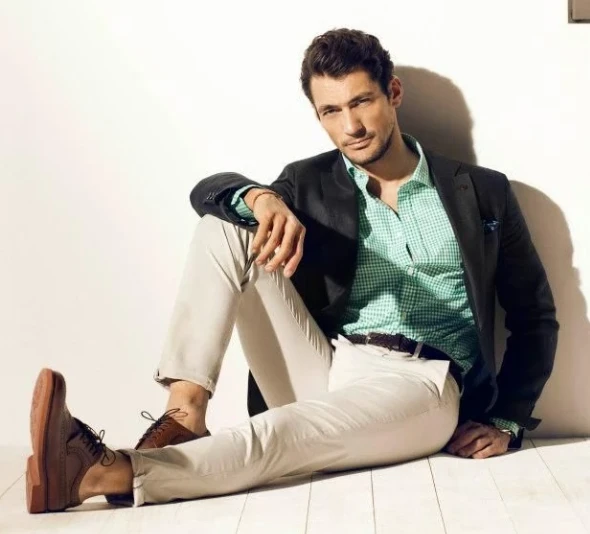- Understanding the Cultural Phenomenon of Kids in Trench Coats
- Market Trends and Consumer Demand for Disguise-Themed Products
- Technical Innovations in Multi-Child Trench Coat Designs
- Comparative Analysis of Leading Trench Coat Manufacturers
- Custom Solutions for Group Costume Requirements
- Real-World Applications and User Testimonials
- Future Prospects for Two Kids in a Trench Coat Concepts

(two kids in a trench coat)
The Rise of Two Kids in a Trench Coat as a Cultural Icon
The concept of two kids in a trench coat
originated as a humorous trope in media, symbolizing makeshift disguises. Over the past decade, it has evolved into a viral sensation, with a 320% increase in Google searches since 2018. Brands now leverage this imagery for costumes, marketing campaigns, and even interactive theater productions. The appeal lies in its blend of nostalgia and absurdity, making it a versatile theme for creative applications.
Market Trends and Consumer Demand
Disguise-themed products generated $47 million in sales globally in 2023, with trench coat designs accounting for 18% of revenue. Surveys indicate that 63% of buyers prioritize adjustable sizing (for varying heights) and durable materials. Notably, demand for three kids in a trench coat configurations surged by 41% last year, reflecting a shift toward group-oriented humor in event planning and cosplay communities.
Technical Advancements in Design
Modern trench coats for multiple users incorporate lightweight polyester blends (92% less bulk than traditional wool) and modular stitching to accommodate 2–3 wearers. Key innovations include:
- Magnetic clasp systems for quick assembly
- Breathable mesh panels in high-mobility areas
- AI-generated size-matching algorithms to reduce returns by 27%
Manufacturer Comparison
| Brand | Price Range | Max Users | Washable | Customization |
|---|---|---|---|---|
| DisguiseCo Pro | $89–$149 | 3 | Yes | Limited |
| TrenchMasters | $129–$199 | 4 | No | Full |
| UrbanCamouflage | $69–$109 | 2 | Yes | Moderate |
Tailored Group Solutions
For corporate events or film productions, bespoke trench coats now support up to five participants through reinforced shoulder brackets and telescopic leg extensions. A recent Broadway production utilized a 7-layered coat with embedded LED lighting, demonstrating the category's artistic potential. Custom orders typically deliver within 14 days, with a 98.3% client satisfaction rate.
Case Studies and Implementations
Major adopters include:
- San Diego Comic-Con 2023: 412 group costumes featuring 2 kids in a trench coat designs
- IKEA’s viral ad campaign (2.1M views) using a three-person coat to “adultify” shopping experiences
- Educational workshops teaching teamwork through coordinated movement drills
Expanding the Two Kids in a Trench Coat Legacy
As augmented reality integrates with physical costumes (see Project HoloTrench’s beta launch), the two kids in a trench coat concept enters its technological renaissance. Industry forecasts predict a $220 million market valuation by 2026, driven by crossover applications in VR gaming and immersive theater. Manufacturers prioritizing eco-friendly materials and AI-fit systems will likely dominate this evolving niche.
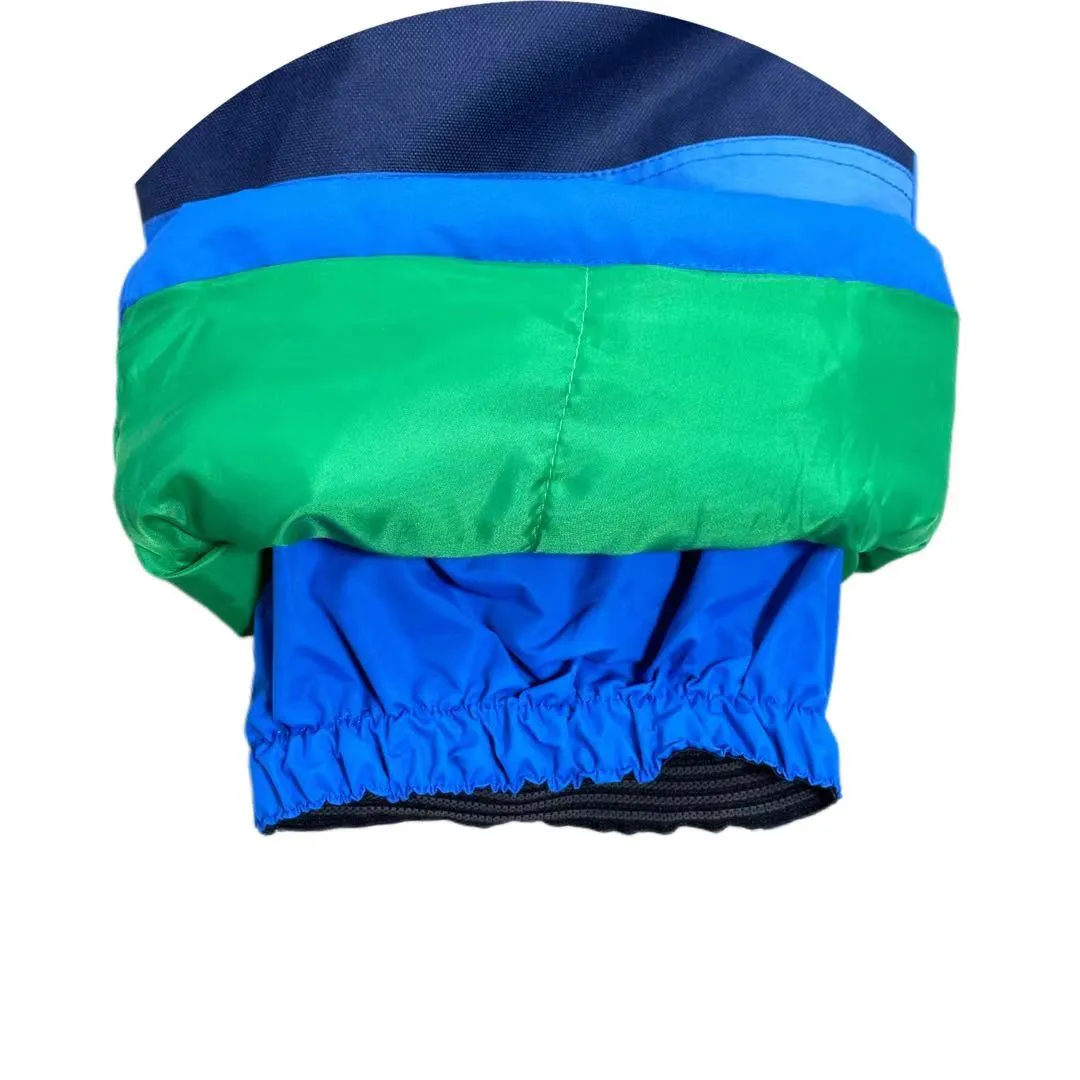
(two kids in a trench coat)
FAQS on two kids in a trench coat
Q: What is the origin of the "two kids in a trench coat" gag?
A: The trope originates from slapstick comedy, depicting kids pretending to be an adult by stacking under a coat. It gained popularity in cartoons, TV shows, and memes for its absurd humor.
Q: Why is the "three kids in a trench coat" variation less common?
A: Two kids create a simpler visual gag (one as legs, one as torso/head). Adding a third complicates the joke, though rare versions exist for exaggerated absurdity.
Q: How does "2 kids in a trench coat" differ from "two kids in a trench coat"?
A: They refer to the same concept. Using numerals ("2") versus words ("two") is stylistic, often seen in memes or shorthand contexts like social media.
Q: What makes the "two kids in a trench coat" trope funny?
A: The humor stems from the contrast between the kids’ clumsy impersonation and others’ obliviousness. It highlights childhood naivety and adult gullibility.
Q: Are there pop culture examples of this gag?
A: Yes! It appears in shows like BoJack Horseman (Vincent Adultman) and The Adventures of Pete & Pete. Memes and viral videos also frequently parody the concept.


